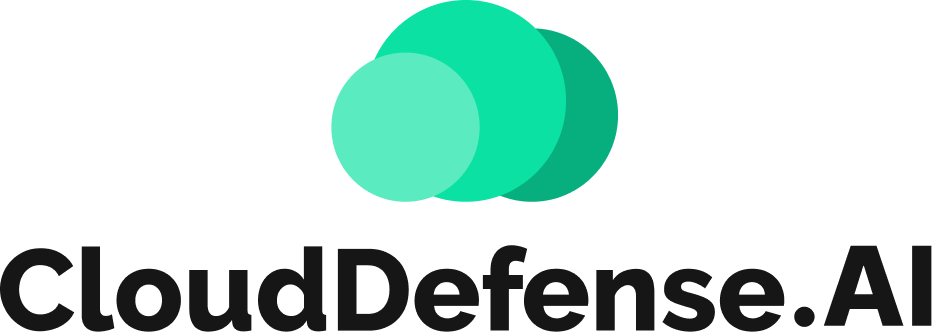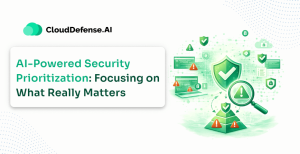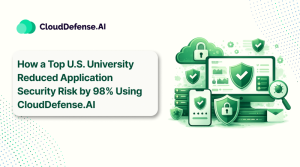What is a Cloud Firewall?
A cloud firewall is a cutting-edge security solution that functions like a traditional firewall but is hosted and managed in the cloud. It acts as a critical defense layer by analyzing and filtering potentially harmful network traffic.
Designed to protect cloud platforms, infrastructure, applications, and even hybrid or on-premise systems, cloud firewalls offer enhanced scalability and flexibility compared to hardware-based solutions.
How Do Cloud Firewalls Work?
Cloud firewalls operate by inspecting and filtering traffic across cloud environments. They leverage predefined security policies to determine whether to allow or block data packets, effectively preventing unauthorized access and mitigating cyber threats. Unlike traditional firewalls, cloud firewalls are deployed in the cloud, enabling:
- High availability to ensure continuous protection.
- Distributed security for networks with global reach.
- Resilience to handle high-traffic environments seamlessly.
By offering centralized management and real-time threat detection, cloud firewalls ensure robust protection for complex, modern networks.
What is FWaaS? Firewall-as-a-service Explained
Firewall-as-a-Service, or FWaaS, is a type of cloud-based firewall that operates entirely online, much like other “as-a-service” models such as Software-as-a-Service (SaaS) or Infrastructure-as-a-Service (IaaS). FWaaS provides organizations with comprehensive firewall capabilities, delivered through the cloud and accessible via the Internet.
Unlike traditional firewalls, FWaaS is managed and maintained by a third-party vendor, ensuring the latest updates and security features are always in place without requiring manual intervention. This approach simplifies IT infrastructure, eliminates the need for physical hardware, and offers centralized management. FWaaS is ideal for businesses seeking scalable, flexible, and up-to-date security solutions to protect their networks in an increasingly cloud-driven world.
Cloud Firewall Benefits
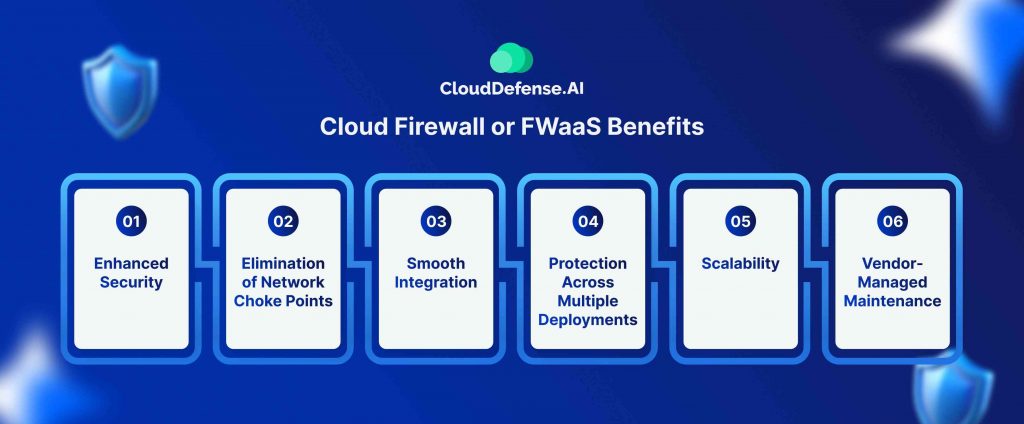
Unlike traditional on-premise solutions, they deliver advanced features and seamless performance customized to meet the demands of dynamic cloud environments. Here are the key benefits of adopting a cloud firewall:
- Scalability: Cloud firewalls adapt seamlessly to increasing bandwidth demands, automatically scaling to handle threats like DDoS attacks without the need for manual adjustments or hardware upgrades.
- High Availability: With built-in redundancy and automated backups, cloud firewalls ensure uninterrupted service and immediate updates, minimizing downtime and eliminating the complexities of maintaining on-premise solutions.
- Extensibility: They can be deployed anywhere a secure communication path exists, providing unmatched flexibility compared to the resource-limited nature of on-premise firewalls.
- Secure Migration: Cloud firewalls protect traffic across multiple sources, ensuring secure connections between physical data centers and cloud environments, making them ideal for organizations transitioning to cloud infrastructures.
- Consistent Security: They offer the same robust security features as traditional firewalls, including advanced access policies, encrypted traffic management, and comprehensive connection filtering.
- Identity Protection: Integration with access control tools allows for granular user management and precise filtering capabilities, enhancing overall security.
- Performance Visibility: Cloud firewalls provide centralized tools for monitoring performance, managing usage, and configuring security, simplifying management compared to on-premise solutions.
Cloud Firewall Types
Cloud firewalls are a cornerstone of modern network security, offering diverse solutions tailored to specific environments and needs. Below are the primary types of cloud firewalls, each designed to address distinct challenges:
1. Public Cloud Firewalls: Deployed within platforms like AWS, Azure, or GCP, these firewalls offer functionalities similar to traditional hardware firewalls. In hybrid cloud setups, public firewalls outshine on-premise appliances by providing superior scalability and availability, making them ideal for dynamic environments.
2. Firewall as a Service (FWaaS): FWaaS uses next-generation firewall (NGFW) technology to deliver advanced features like deep packet inspection, URL filtering, threat prevention, intrusion prevention systems (IPS), and DNS security. It eliminates the complexity of managing physical appliances, streamlines IT infrastructure, and ensures consistent security policies across networks.
3. SaaS-Based Firewalls: These firewalls protect networks by filtering incoming traffic and blocking threats in SaaS environments. Variants like Security as a Service (SECaaS) or FWaaS scale seamlessly to meet growing network demands, offering subscription-based security solutions that are both flexible and efficient.
4. Web Application Firewalls (WAFs): WAFs focus on safeguarding web applications against threats such as cross-site scripting (XSS) and SQL injection. By analyzing and blocking malicious traffic based on predefined rules, WAFs ensure application security, enforce policies, and maintain compliance with industry standards.
Cloud Firewall Risks
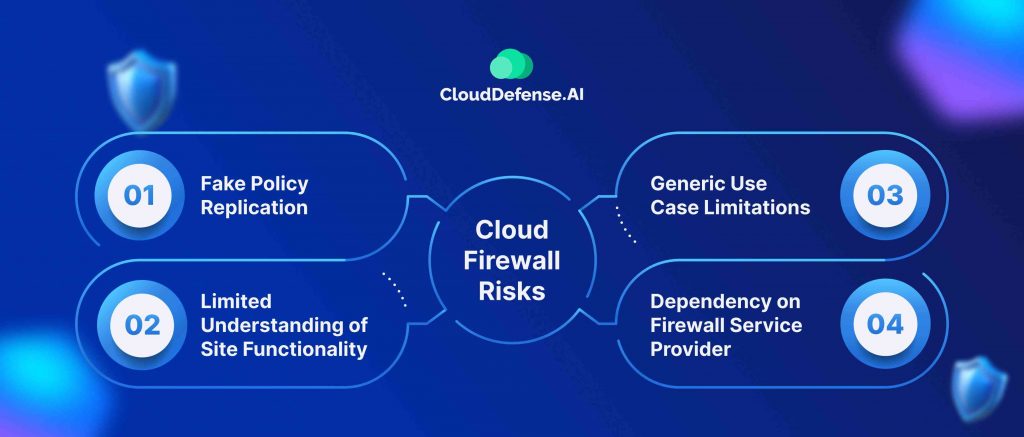
While cloud firewalls offer significant advantages, they also come with certain risks that organizations must consider.
Fake Policy Replication
One significant risk is the potential for attackers to create fake replicas of existing policies. If an attacker manages to replicate and implement these policies, they can easily bypass the firewall and gain unauthorized access to the cloud network, compromising its security.
Limited Understanding of Site Functionality
Cloud-based firewalls often lack a deep understanding of the specific functionalities of a site, including the nuances of software environments, authenticated users, and required permissions. This limited insight can create security gaps, as the firewall may not fully comprehend the context of legitimate versus malicious activities.
Generic Use Case Limitations
Another risk involves the generic use cases that cloud firewalls typically follow. This generality can lead to failures in detecting vulnerabilities that are specific to certain software applications, such as plugin vulnerabilities. The firewall’s detection capabilities might not be sophisticated enough to identify these specific threats.
Dependency on Firewall Service Provider
The dependency on the firewall service provider introduces a single point of failure. If the provider experiences downtime or service interruptions, it can lead to an outage in the cloud network. This reliance on external service reliability can impact the availability and performance of the sites protected by the cloud firewall, potentially causing significant operational disruptions.
Why are Cloud Firewalls Important?
A cloud firewall offers scalable, flexible, and strong protection for cloud environments. Unlike traditional firewalls, cloud firewalls are hosted in the cloud, eliminating network bottlenecks and providing smooth integration with cloud infrastructure. They can protect multiple cloud deployments simultaneously and are managed by the vendor, ensuring up-to-date protection without the need for internal maintenance.
Cloud firewalls block malicious activities, prevent data breaches, and ensure compliance with security standards by monitoring and filtering traffic based on security policies. Thus, they are essential for protecting modern businesses that rely on cloud services for their operations and data storage.
What is the Difference Between a Cloud Firewall and a Next-Generation Firewall (NGFW)?
| Aspect | Next Generation Firewalls (NGFW) | Firewall as a Service (FWaaS) |
| Deployment and Accessibility | Typically hardware-based, requiring on-premises installation; accessible from fixed locations. | Cloud-based, enabling easy and rapid deployment across dispersed networks; accessible from virtually anywhere. |
| Scalability | Constrained by physical hardware, limiting scalability; resource-intensive to extend or upgrade. | Highly scalable due to cloud flexibility; easily adjusts to network growth or demand changes without costly hardware. |
| Maintenance and Updates | Requires meticulous in-house management, including hardware maintenance and software updates. | Managed by providers, reducing IT burden; ensures up-to-date threat intelligence and security patches. |
| Advanced Threat Protection | Offers security measures but may lag in agility to address evolving threats; potentially less comprehensive. | Integrates advanced features like deep packet inspection, IPS, and threat prevention; strong against modern threats. |
| Cost and Budget Considerations | Involves significant upfront hardware costs and ongoing operational expenses. | Subscription-based model with no upfront hardware costs; cost-effective for budget-conscious organizations. |
| Remote Workforce and Cloud Integration | Struggles to extend security services to remote workers and cloud applications, creating potential gaps. | Smoothly adapts to remote work and cloud operations; provides consistent security regardless of location. |
How does FWaaS fit into a SASE framework?
FWaaS is an excellent fit within the Secure Access Service Edge, or SASE, framework due to its inherent ability to adapt to decentralized network architectures. SASE uses software-defined networking to extend security across distributed environments, necessitating strong tools to prevent unauthorized access.
FWaaS addresses this need by filtering malicious content and extending the network perimeter to include all remote devices. This alignment with Zero Trust principles enables IT teams to manage and block unauthorized traffic effectively, ensuring comprehensive security across both on-premises and cloud infrastructures.
Final Words
Cloud firewalls represent a vital evolution of traditional firewall systems, incorporating cloud-native capabilities to protect organizational assets in public cloud environments. By efficiently managing access and integrating with IAM systems, cloud firewalls play a crucial role in preventing unauthorized access and protecting sensitive data.
Embracing these technologies allows organizations to leverage the scalability and flexibility of cloud computing while maintaining strong security measures customized to modern security challenges.
